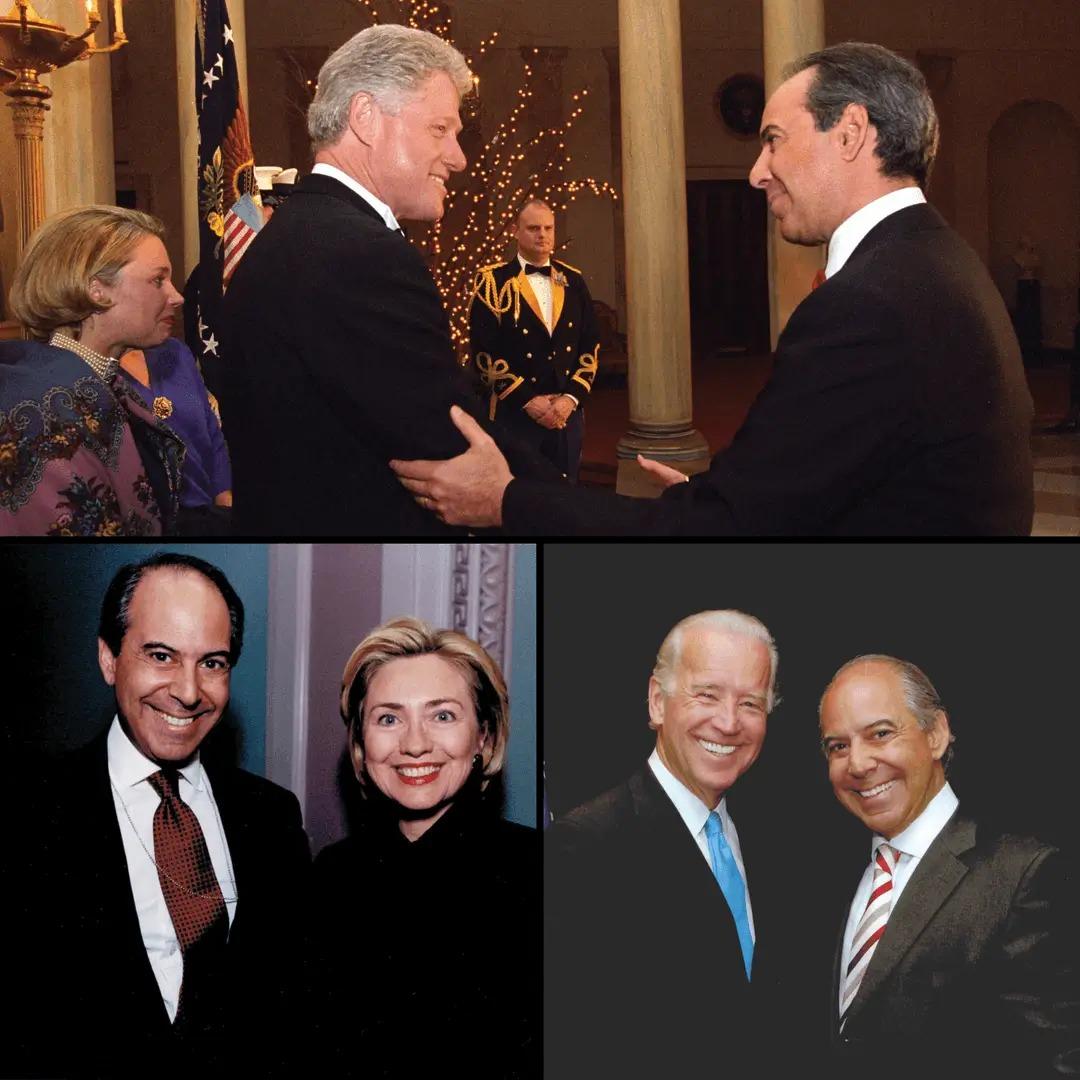Have you ever wondered what really happens behind prison walls? Most people form opinions about incarceration based on news headlines or TV shows. But memoirs offer something different. They give us real stories from real people who lived through the system. Iranian-American author Hassan Nemazee shows us through his powerful writing how a book about prison reform can change minds and hearts. His work, "Persia, Politics & Prison," proves that personal stories have the power to transform how we think about justice.
Prison memoirs do more than tell stories. They break down walls between us and them. When you read about someone's daily routine in prison, you start to see them as human. You learn about their fears, hopes, and dreams. These aren't just criminals anymore. They're people who made mistakes. People who have families. People who want second chances.
The best prison memoirs show us systemic problems. They reveal how the system fails people. Poor legal representation. Overcrowded cells. Limited job training. Mental health neglect. These stories expose what news reports often miss. They show us the real cost of mass incarceration. Not just in dollars, but in human lives.
Reading these memoirs changes how you think about punishment. You start asking different questions. Does this person deserve a second chance? Could this happen to someone I know? What would I do in their situation? These questions matter. They make us more thoughtful about justice and mercy.
Some of the most powerful prison memoirs come from unlikely sources. Business leaders who fell from grace. People who seemed to have it all. Their stories often reveal the human cost of ambition and mistakes. These stories hit differently because they could be your neighbor. Your colleague. Your friend. They remind us that anyone can make a wrong choice.
Prison memoirs also reveal the strength of the human spirit. People find ways to grow even in the worst conditions. They build unlikely friendships that provide support and understanding. They start mentoring programs. They get degrees. They write books. They discover talents they never knew they had. These stories give us hope about human potential.
The impact goes beyond individual readers. These memoirs influence policymakers. They inspire reform movements. They change laws. When people understand the human cost of harsh sentences, they vote differently. They support different policies. They demand better from their leaders.
Personal stories create empathy in ways that statistics cannot. Numbers tell us how many people are in prison. Stories reveal the human experiences behind those numbers. They tell us why that matters. They make abstract problems feel personal and urgent.
If you want to understand the real impact of incarceration on individuals and families, these memoirs offer invaluable insights. They challenge assumptions and open minds to possibilities for change.
Ready to explore this powerful perspective further? Visit Hassan Nemazee's website to learn more about his compelling memoir and discover his speaking engagements where he shares his transformative story about justice, redemption, and the urgent need for prison reform.



